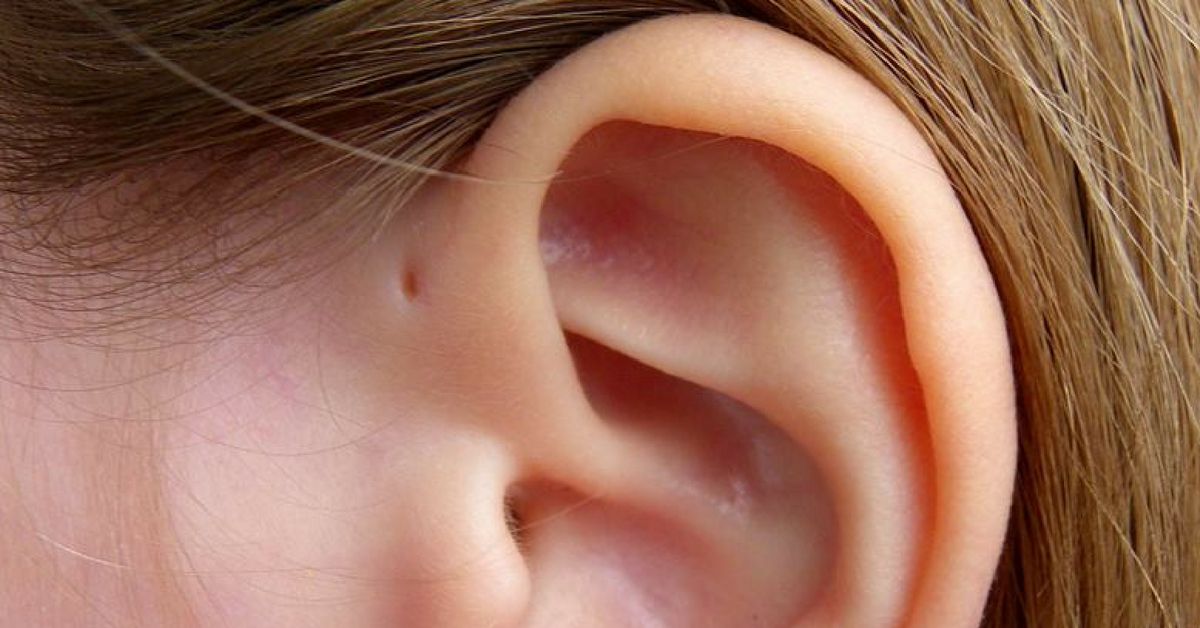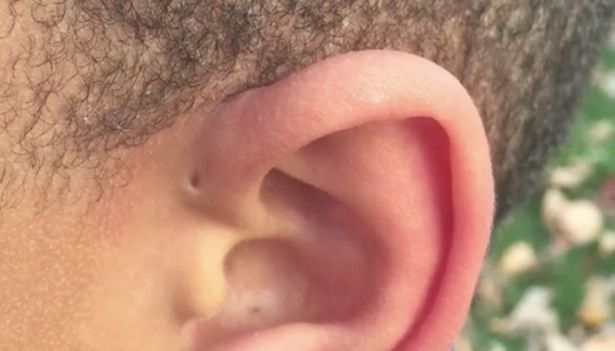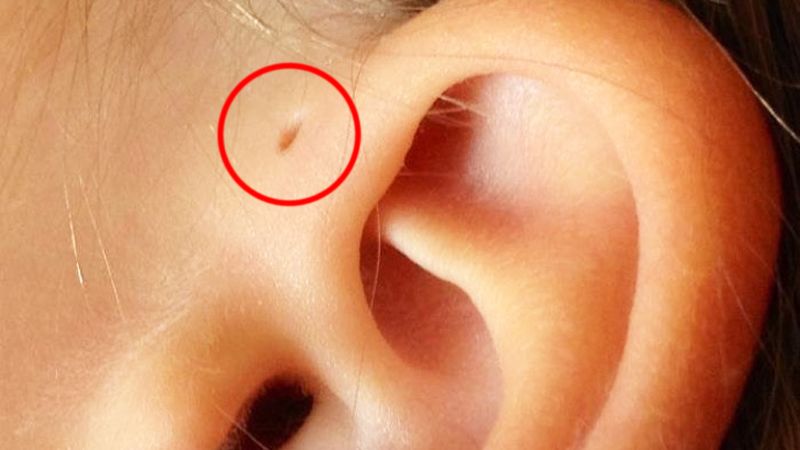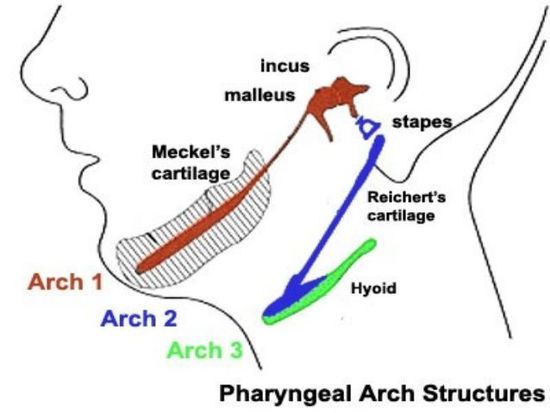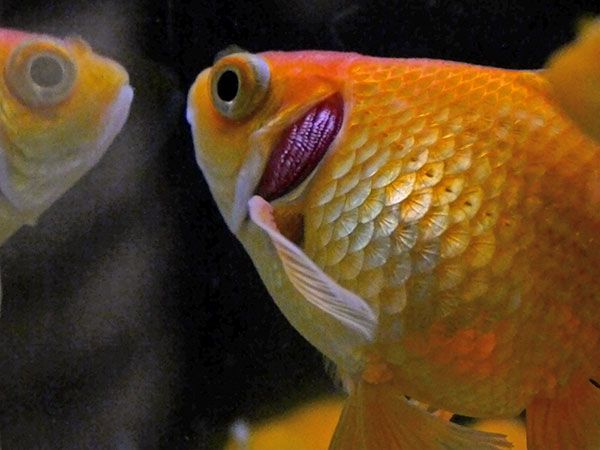We all have special traits that set us apart from one another, but not all of them are physical or big enough to be noticed at first glance.
However, if you have a good eye for detail, then you've probably noticed that there are some people who have a very tiny hole above their ears. Perhaps you have it too and never even realized it.
From afar, it's easy to mistake it for a piercing, a birthmark or a scar from an injury, but it actually is something much more interesting that only a small percentage of people have.
Known as preauricular sinus or pits, the congenital malformation isn't as common in the United States as less than one percent of the population have it. The figure is slightly higher in other parts of the world, like Asia and Africa, where four to 10 percent of people are affected.
Some cultures even have superstitions about them. In Ethiopia, it is believed that this grants a person wealth, according to Metro UK.
So what exactly is it?
First documented in 1864 by a scientist named Van Heusinger, preauricular sinus is basically a birth defect that occurs during the early stages of fetal development.
It's also a hereditary trait, which means the chances of your offspring getting it are higher if you or someone you're related to has it.
The opening, which is usually located where the ear cartilage meets the face, is caused by the first and second pharyngeal arches. According to the Children's Hospital of Philadelphia, the "pit is essentially a sinus tract traveling under the skin that doesn't belong there."
The abnormality, which can occur on both ears, isn't linked to hearing impairments, but there have been extremely rare cases where it has been associated with a genetic syndrome. The hospital explains that a "baby born with a preauricular pit will be examined for other abnormalities to rule out these syndromes."
While preauricular sinuses are generally harmless, there is a possibility that they could lead to infections or benign cysts if bacteria becomes trapped in them.
In such cases, proper care and antibiotics will clear the infection, but if it becomes severe, a person can opt to undergo surgery to remove the pit in order to avoid further complications.
Is it a sign of evolution?
Despite experts categorizing it as a defect, there are many theories that suggest a preauricular sinus is more than that.
One particularly interesting argument was brought forth by evolutionary biologist Neil Shubin.
In an interview with Business Insider, he claimed that the tiny hole could be an "evolutionary remnant of fish gills."
Shubin's claim stems from the evolution theory that humans and fish share a common ancestor that lived millions of years ago.
Some scientists are convinced that birth defects like a preauricular sinus are just evidence that prove this strange theory.
Now that you're equipped with this information, it's time to take a look in the mirror and see if you have this rare trait. If you don't, someone you know probably does and you just never noticed, so keep your eyes peeled.
